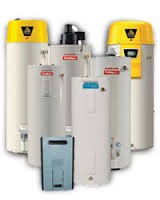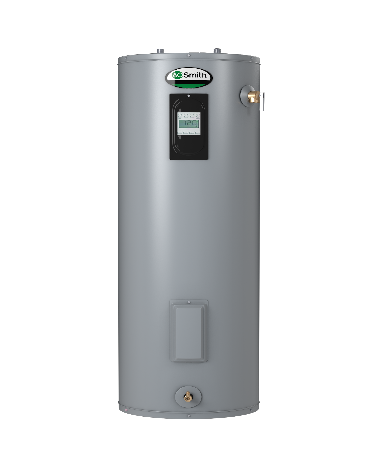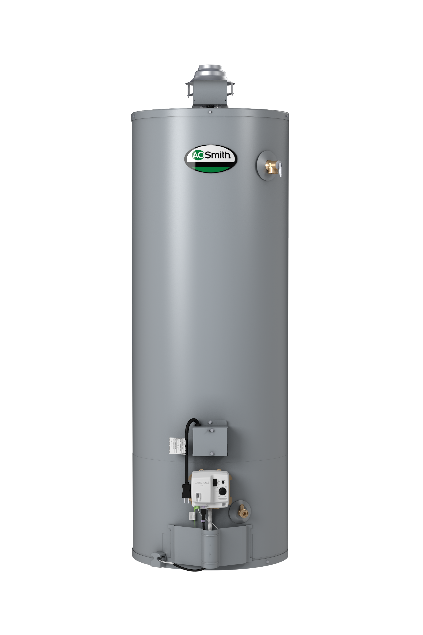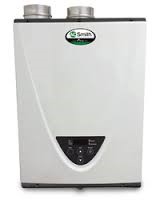Do I need to filter my home’s water supply?
Whether you get your water from a municipal water supply or a residential well and pump system, the odds are that there are contaminants in your drinking water.
Water it is a natural solvent, so when rain percolates down to the Floridan underground aquifer, it literally dissolves the rock it passes through. The dissolved minerals in the rock are called total dissolved solids (TDS), and they create what is known as scale. TDS can be combinations of “hard” minerals such as calcium and magnesium, or a “soft” mineral such as sodium.
Water from the aquifer or surface water can also contain chemicals from human contamination such as Volatile Organic Compounds (VOCs), nitrates, gasses from fermentation of plant matter or byproducts of bacterial growth.
Municipal water companies draw water from both the aquifer and surface water sources, and sometimes from both. In order to provide your home or business with safe tap water, they disinfect it with either chlorine or chloramine.
By the time it has made its way to your coffee brewer, icemaker and plumbing fixtures it may contain calcium, magnesium, silica, chlorides, iron, copper, sodium, sulfates, carbonates and bicarbonates, hydrogen sulfide gas, bacteria, dead plant matter or chlorine — and most of this is not visible.
The concentrations of these contaminants vary depending on:
• Where you live. Some areas have large underground limestone deposits that create hard water (the white residue we mentioned).
• Where your water comes from. Does it come from an underground aquifer or from surface water? Either can become discolored and develop very unpleasant tastes and odors.
The high cost of water contaminants.
If you get your water from a municipal water supply, have you ever noticed a distinctive swimming pool smell and taste? That is the taste of chlorine or chloramine, which is chlorine with a small amount of ammonia added. The ammonia slows the dissipation of the chlorine so it stays in the water longer. They are both added to kill bacteria in the water.
Because this water can contain so many contaminants, it creates serious issues not only with the taste, odor and appearance of your beverages and ice, but also with the performance of your water-using appliances and equipment.
Chlorides cause plumbing and equipment parts to corrode and sodium can cause fountain beverages to lose their fizz and ice to be soft. And what about the smell? Hydrogen sulfide gas can give water a strong rotten egg smell. And that smell can permeate your entire home or business.
The scale created by the high levels of calcium and magnesium can wreak havoc on home appliances and plumbing fixtures. Although it often looks like a hard white chalky material, it can take on many colors and textures. Scale forms when energy is applied to water.
For example, when water is converted to steam, the minerals drop out of solution and cling to nearby surfaces. This can build up over time and become very difficult to remove. Scale that is ¼-inch thick can reduce energy efficiency by almost 30 percent. Your operating costs go up, and your equipment breaks down more. This costs you money.
How do you know if there are contaminants in your water supply?
Test your water.
There are several easy tests Hefner water professionals can perform that will let you know if your water contains contaminants. Whether you get it from a treated municipal water system or from a residential well, you just never know what is in your water until it is professionally tested.
Sometimes, in Florida, it’s fairly easy to see some of what is in there. When you see white powdery residue around your faucets or on your shower curtain, it means there is dissolved limestone in your water. If your white clothes look dingy or orange after several washings, then it is possible you have iron in your water. Does your water taste or smell strange and you just can’t pinpoint the problem?
While these are all good reasons to have your water tested, the best reason is that you simply don’t know what could be hiding in your water that you can’t see or taste but that could be affecting your plumbing or even your health.
What is the answer?
The answer is the proper filtration system or even a water softener. Hefner Plumbing can professionally test your water and determine exactly what you need to have safe, clean drinking water.
We can determine your water’s unique characteristics, and the right water treatment can be applied. If you have a strong chlorine taste and smell, a good carbon filter should solve the problem. If the hardness level is higher than it should be, we can install a state-of-the-art water softening system. If your TDS are excessive, then you will need a reverse osmosis system.
Call Hefner Plumbing today!
Our almost four decades of experience dealing with water problems throughout Central Florida have given us the knowledge and skill to quickly and efficiently diagnose your problem and affect the change needed to provide the clean, clear water you desire — and we can save you money.
Hefner Plumbing for all your plumbing and filtration needs!
















